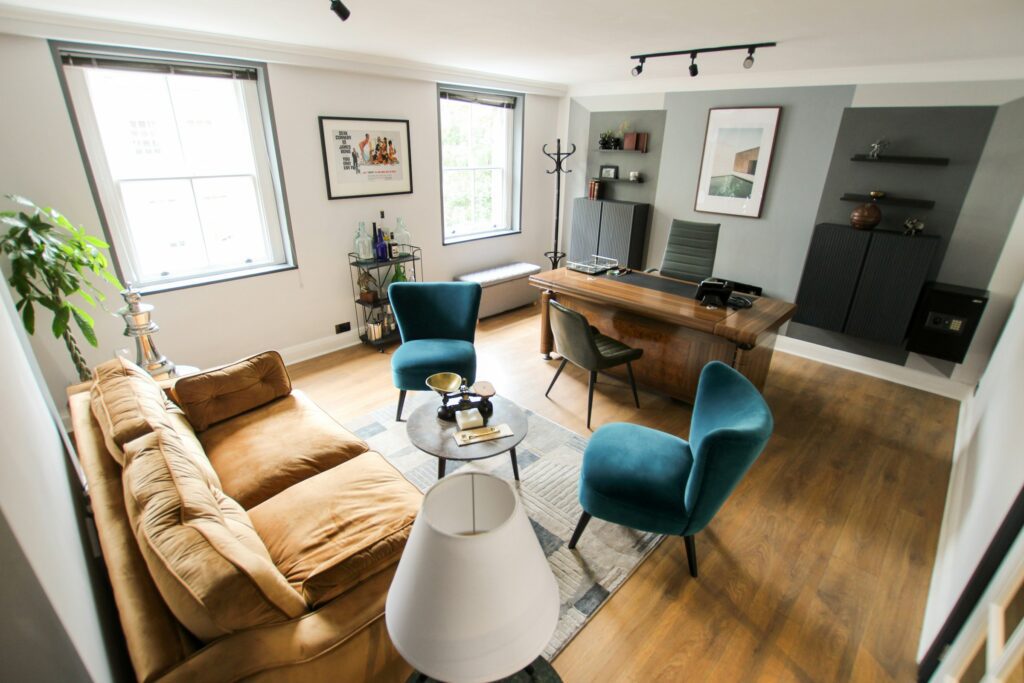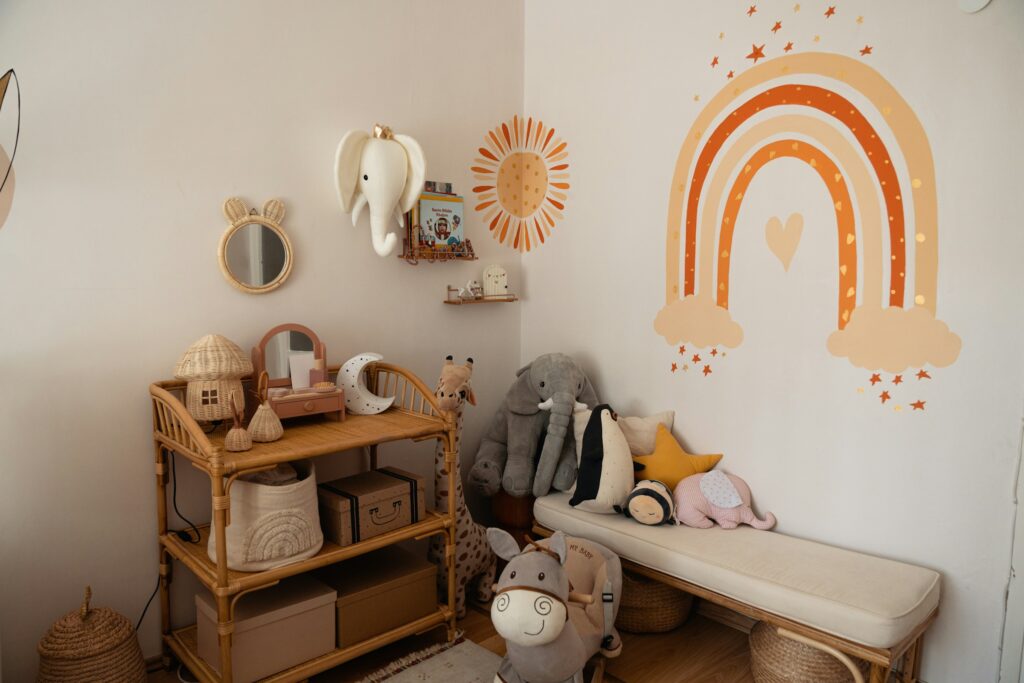Does a Garage Conversion Add Value to My Home?
Converting a garage into a functional living space is an increasingly popular home improvement project, helping people to maximise their existing space without the expense of building an extension. Whether you’re thinking about adding a home office, extra bedroom, or creating a multi-purpose room, a garage conversion can offer a practical solution. However, one key question remains: does this kind of renovation actually add value to your home?
Whilst adding more usable space definitely has its benefits, it’s essential to consider the potential return on investment and how a garage conversion can impact your property’s overall market appeal. In this guide, we’ll explore the financial implications, potential benefits, and factors that could influence whether a garage conversion is the right choice for your home.
Will a garage conversion increase the property value?
Yes, converting a garage will often increase the property value. This is because you will typically be taking an underutilised space and transforming it into a more functional living space, whether you add an extra bedroom, living area, or home office. For potential buyers, this can really increase the appeal of the property.
Generally, a well-designed garage conversion can increase your property value by 10%-20%. If you add a bedroom with an ensuite, this will typically see the property value increase the most. A home office or living area will see less increase, but could still be a good investment.
How much does a garage conversion cost?
The cost of converting a garage will vary depending on the size of the garage and what you convert it to. A simple living space or home office, for example, will be cheaper than converting to a space that includes a bathroom or toilet, as the plumbing will require more work. Even without adding a bathroom, there will usually still be costs involved in adding heating to the space.
A garage conversion can cost anywhere between £10,000 and £30,000. This will include structural works such as modifying the roof and walls, new windows and internal doors, heating and electrics, and the finishes and fixtures.

Benefits of a garage conversion
There are numerous benefits to converting your garage.
Additional living space
One of the main benefits of a garage conversion is that it can be a relatively simple way of adding additional living space to your home. As the main structure is already in place, you can extend your home without building from scratch or infringing on your garden our outside space.
Garages are often used primarily for storage or left mostly empty. Converting the space into a useable room can help to maximise the potential of your home and ensure no square footage is going to waste.
Appeal to potential buyers
A converted garage can help to make your property more appealing to potential buyers. Whilst storage is often a feature people look for in their home, an extra room will often make your property stand out on the market.
A garage conversion will make your home feel larger than similar properties that haven’t converted the garage. A well-done garage conversion will add modern amenities, improve the flow of the layout, and meet the needs of buyers, such as providing space for remote working.
Improved functionality
Converting your garage gives you flexibility and customisation options, so you can tailor the space to meet your needs. Whether you want a gym, home office, playroom for your children, or a cinema room, there are a range of options for what you can turn the space into with a garage conversion.
Garage conversions can also typically evolve over time – what may start as a playroom for young children can develop into a snug or study space as they get older. This adaptability makes a garage conversion not only a valuable short-term investment, but one that can also offer long-term functionality, boosting the practicality of your home.

Potential drawbacks of a garage conversion
There are also a number of potential downsides of a garage conversion that should be considered.
Loss of parking and storage
The main drawback of converting the garage will be that it will mean the loss of a parking space. This can be a huge disadvantage in areas where off-street parking is at a premium. If the garage is currently used to park the car, converting it into a living space may mean having to rely on street parking, which could be much less convenient. If the local area has strict parking restrictions, future buyers may prefer to have the garage as a garage rather than additional living space.
Converting the garage may mean a loss of storage too. If you currently use the garage to store items like sports equipment, gardening tools, and car accessories, you will need to find another place to keep these. This may not be an issue if you have a loft of garden shed that you can use instead, but it’s worth considering if your garage is currently full.
Planning permissions and regulations
Another potential challenge to a garage conversion will involve planning permissions and regulations. Some garages may fall under permitted development rights, meaning they won’t need formal planning approval, but not all. If you’re changing the external appearance of the building, live in a conservation area, or planning a detached garage, you may need specific permissions.
You should always check with your local authority before you start work, to ensure you stay compliant with building regulations. This will include factors such as fire safety, insulation, and structural integrity. If you don’t do this, you could end up with a costly fine and even having to reverse the work you do.
Property suitability
Finally, you will need to properly assess if your property is suitable for a conversion. Not all garages may be a good fit, and issues such as damp, poor natural lighting, and lack of insulation could all make it difficult or expensive to adapt to a living space.
You will also need to consider the size of the garage and your property’s layout. If the garage is too small, it might not be possible to convert it to a functional room; if the garage is located in an inconvenient area of the property, it might rule out certain uses for the space. You should carefully evaluate the structure and location of your garage and determine what will be the best use before you start developing the space.
Is a garage conversion worth it?
In short, a garage conversion can be a fantastic home improvement, adding additional living space to enhance your daily routine and increasing the property value when it comes time to sell. When considering a garage conversion, you should take the time to evaluate what will be the best use of the space, so you can maximise the potential of your home.
JB Kind has a huge range of interior doors in a variety of styles, perfect for your garage conversion. Download our brochure or contact us to find out more.

